Hysterical blindness is often a scary side-effect of suffering from an elevated sense of anxiety. But the good news is that it can be tackled and dealt with, with emotional support and empathy from your loved ones.
Heightened anxiety impacts a person’s world, including his or her senses. Symptoms such as paralysis, numbness, or blindness, which are not connected to a medical cause, and are often traced to a psychological trigger are frequently termed conversion disorders or functional neurological symptom disorders.
In times of significant transition, a person’s identity may be impacted, even if the change is positive. Examples include retirement, an empty nest, divorce, or going into college.
As a therapist, I was blown away the first time I encountered a client impacted by hysterical blindness. Russ, a successful 66-year-old man, described visiting the local zoo with his wife and grandchildren when anxiety washed over him. His vision narrowed. “It felt like clouds were closing in on my eyes and blocking my ability to see.” Russ’s sight continued to narrow until he was almost completely visionless. His wife guided him out of the zoo and back home.
Related: The Biggest Cause Of Anxiety
The experience occurred several times and eventually, Russ refused to leave his home. His medical doctor conducted numerous tests, but a medical explanation could not be identified.
As I gathered information about Russ’s life, it became clear that he was experiencing difficulty adjusting to an enormous life change: retirement. Yet, because most people look forward to retirement and perceive it as a positive and well-deserved change, Russ never considered it as a possible cause of anxiety.
Riddled with guilt because he adored his wife and home life, it was tough for him to admit he missed the important and esteemed role he embodied professionally. For 40 years, he worked tirelessly to solidify the success of his company, so giving up “the mission” left him feeling empty and anxious. Also a man of great empathy, he enjoyed helping his employees when they needed his assistance, which made him feel vital and essential.
Although retirement was “positive,” it also stripped Russ of components that affirmed and consolidated his identity. For 45 years, he designated an enormous amount of time and energy to his profession and his professional relationships. Like an oak tree’s strongest branch, his professional identity supported aspects of his sense-of-self and important attachments branched from it. Retirement felt as if a part of him was gone.
“But retirement is supposed to be great! Everyone lives for retirement! I’m supposed to be happy! I love my wife and my home! I’m not supposed to feel like this!” said Russ.
Yet, as he described the amount of satisfaction he derived from helping people at work, it was clear that the inability to be that person felt like a loss. A gut-wrenching loss. I empathized. “You helped so many people, Russ. That filled you with satisfaction. The loss of that role is painful. It’s difficult and confusing.”
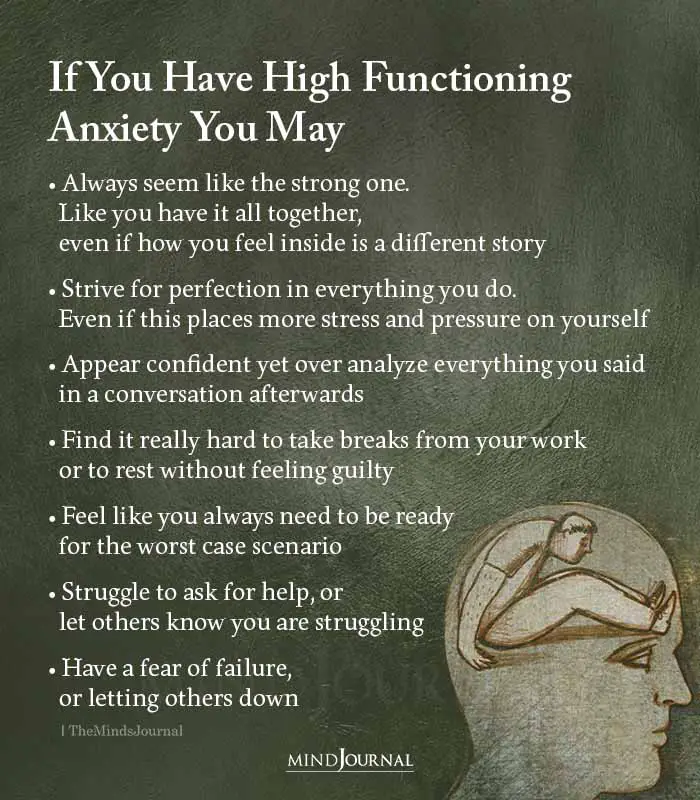
Eventually, Russ felt safe to grieve the loss of this role in therapy and was encouraged to share his internal struggle with his wife, Mary. Mary was able to understand and support Russ with the partial loss of his identity. She supported him in cultivating new ways to fill himself up. Soon, Russ felt less anxious. He busied himself caring for his grandchildren, contributing to several community architectural projects, and began planning motorcycle adventures for him and his wife. He successfully re-consolidated his sense of self.
Many sizable life changes are intellectually understood as positive, yet may impact a person’s identity. A person may understand the necessity of a divorce or the departure from a profession, but no matter how essential the change, the temporary feelings of loss and insecurity are often intense.
For example, transitioning from being a wife existing in a family unit to a single working mom may be necessary if a marriage is dysfunctional, but it does not eliminate the feelings of loss that shedding that role may cause.
Related: What Concealed Anxiety Actually Feels Like
Sacrificing components of a person’s identity in order to grow, evolve, and embrace a new chapter in life frequently cause short-term feelings of intense anxiety, insecurity, self-doubt, confusion, and depression. Grieving the loss and garnering support and empathy is essential if the person is to move forward and seize opportunities to improve his or her quality of life.
It’s imperative to embrace new life challenges. Having the strength and bravery to do so is heroic. Yet, it is normal and human to feel anxiety during the adjustment period. Bringing unconscious anxieties and conflicts into conscious awareness prevents anxiety from taking over. Talk to a loved one or get support from a psychotherapist before the worries become blinding. Carpe diem.
Written By Erin Leonard Originally Appeared On Psychology Today
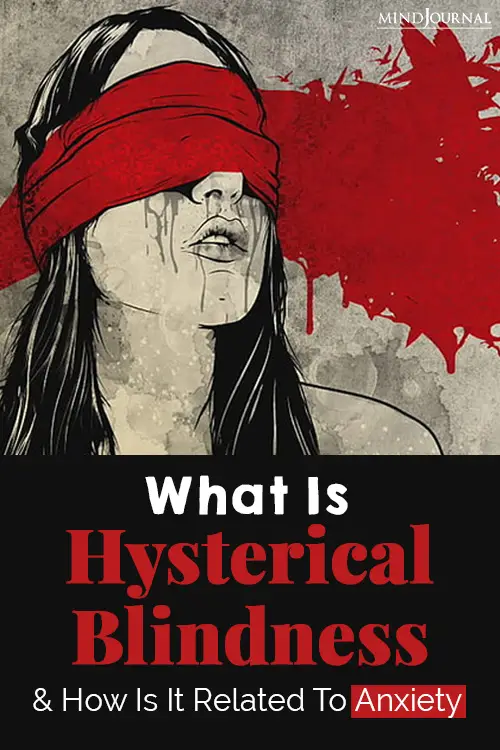
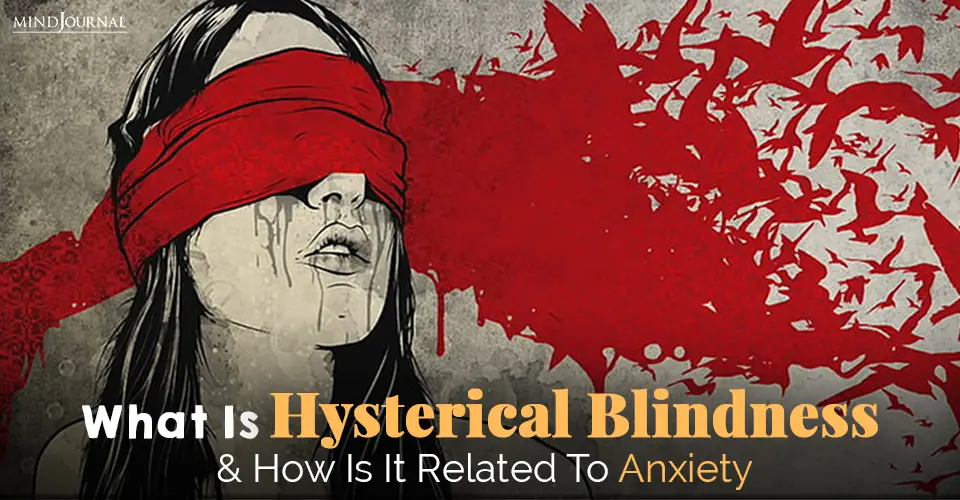

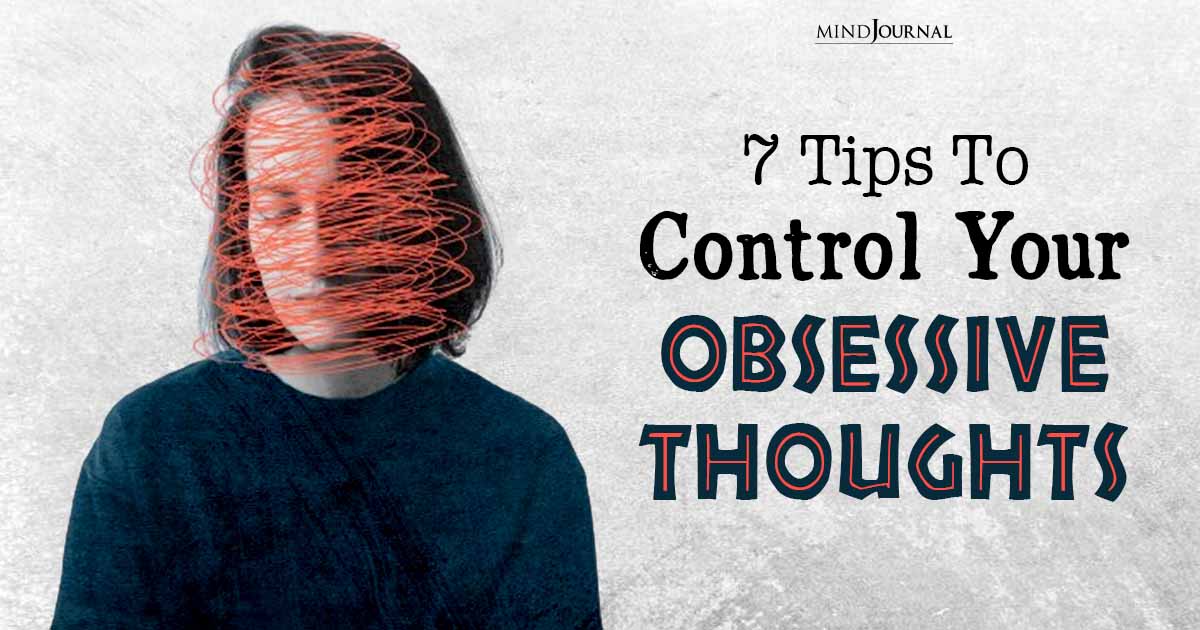
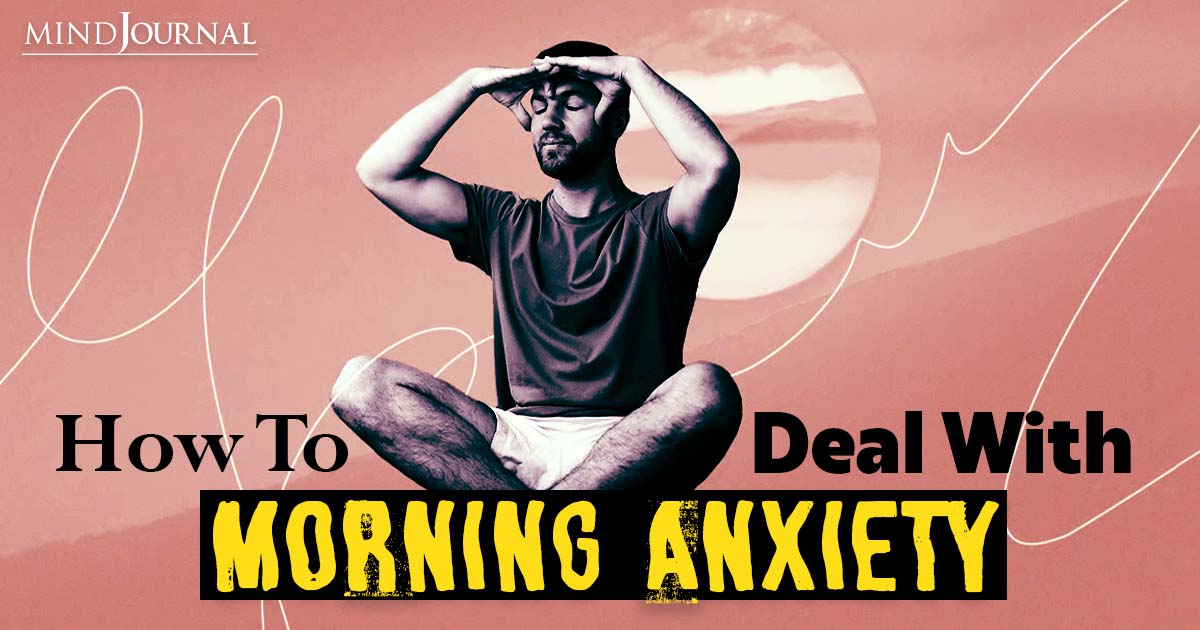
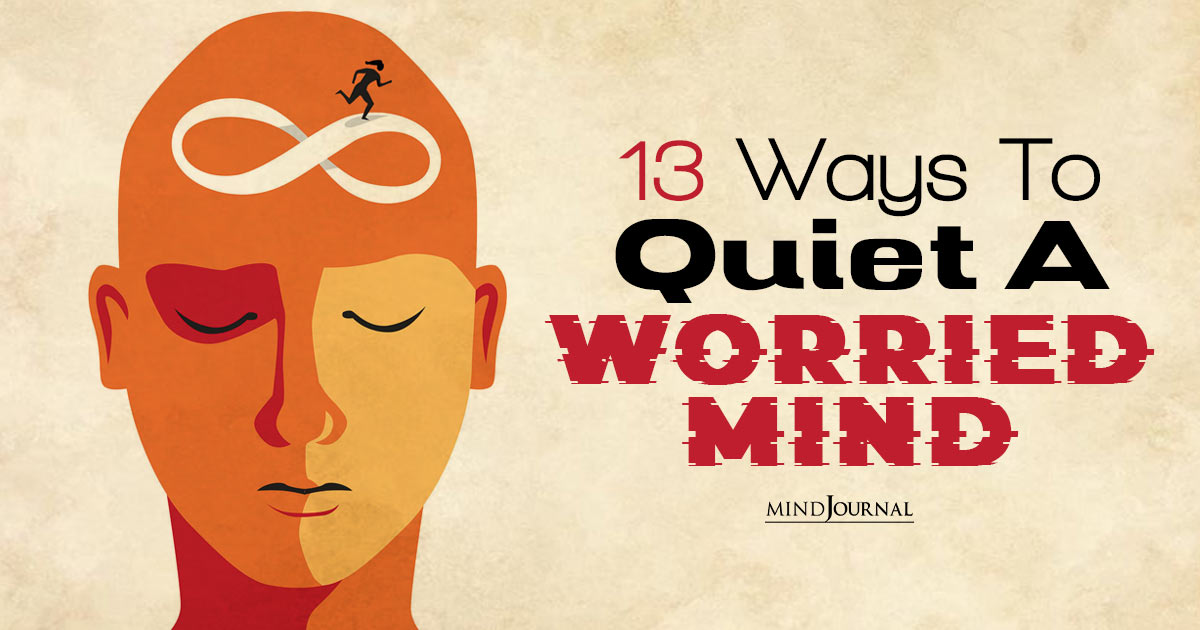
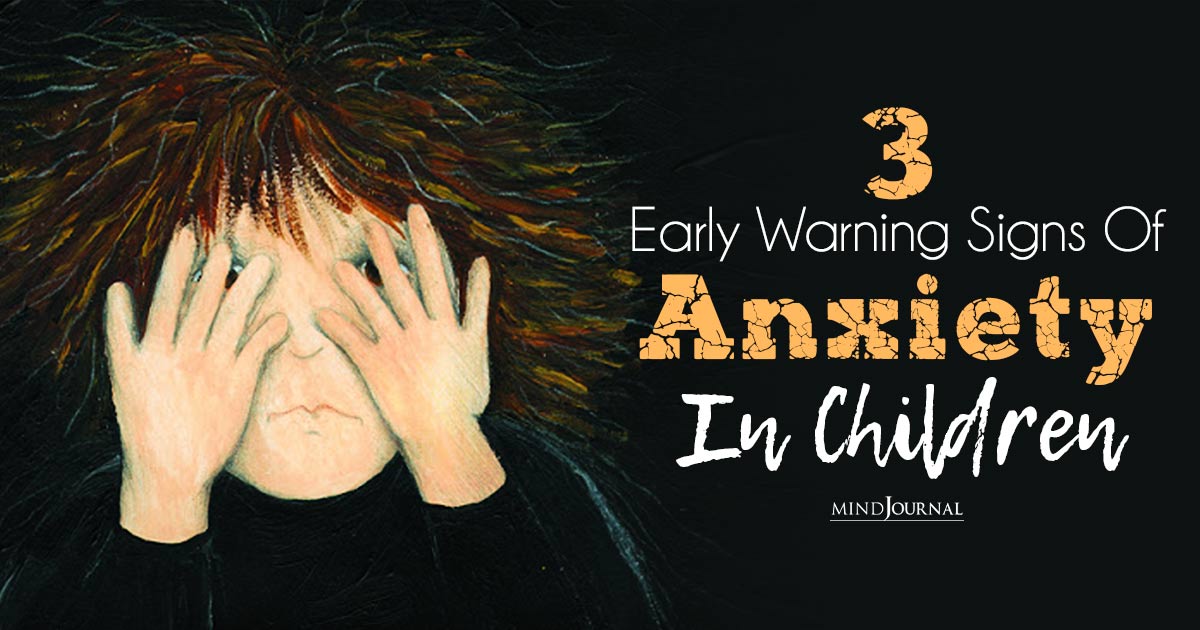
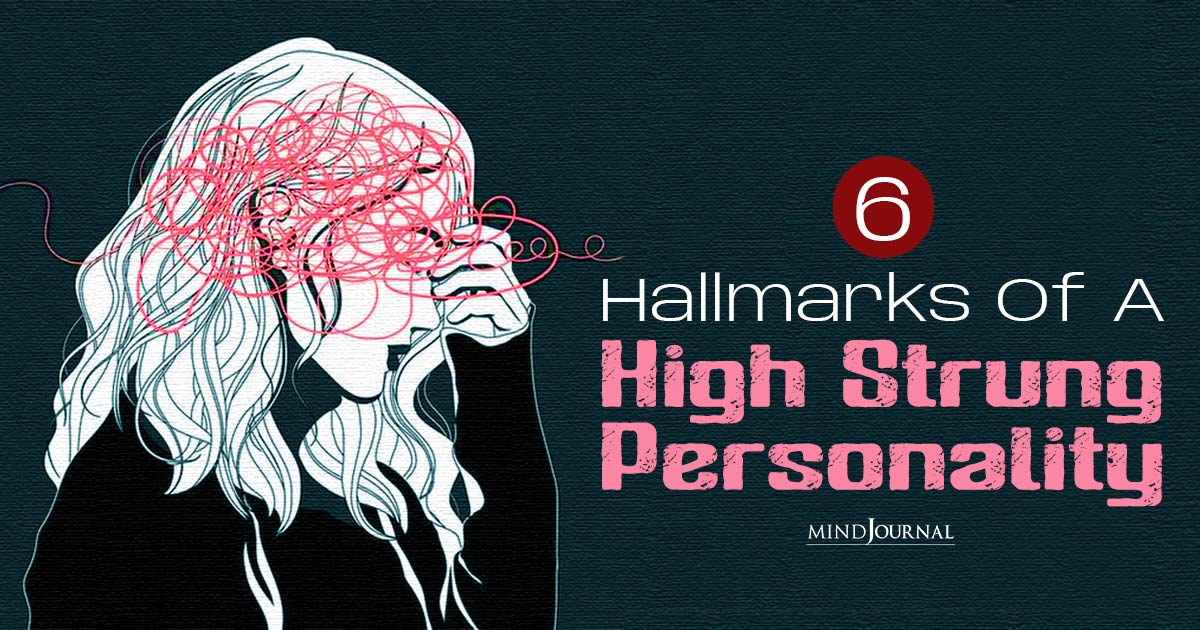
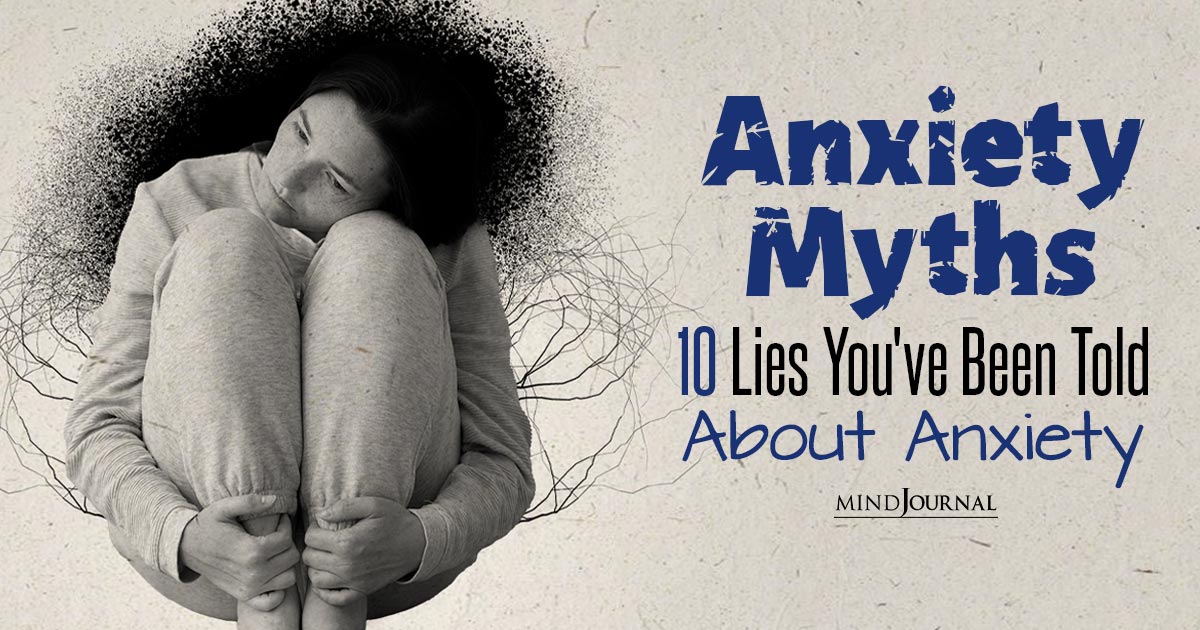
Leave a Reply
You must be logged in to post a comment.